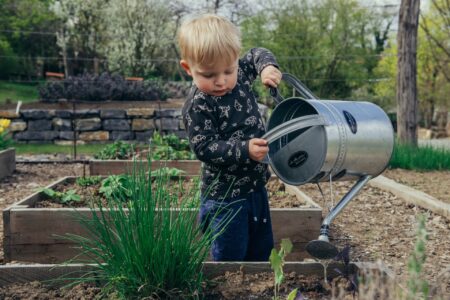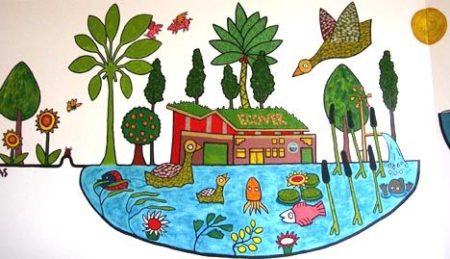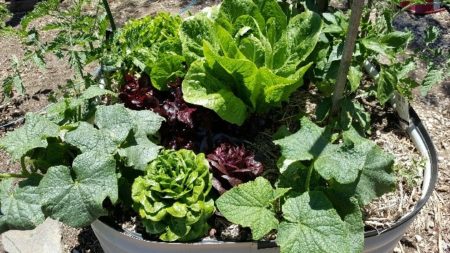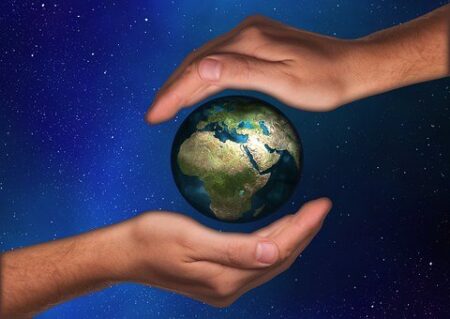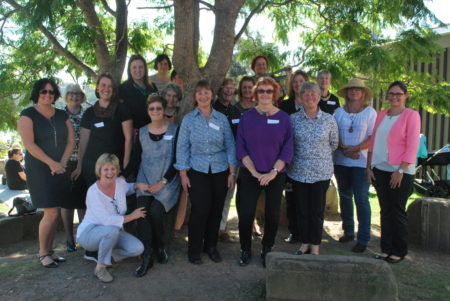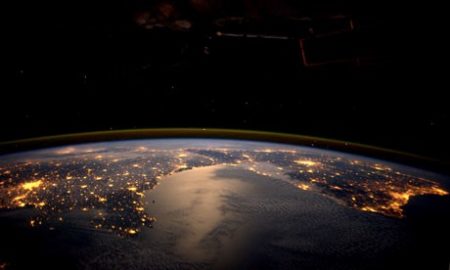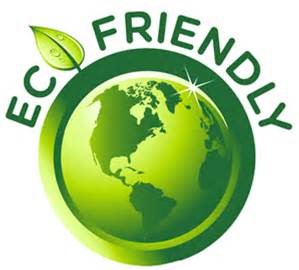This means we will no longer be offering workshops, conferences or networking sessions. Our website will continue and resources will be accessible until 2027. We thank all those services who have supported us over the years.
This means we will no longer be offering workshops, conferences or networking sessions. Our website will continue and resources will be accessible until 2027. We thank all those services who have supported us over the years.

